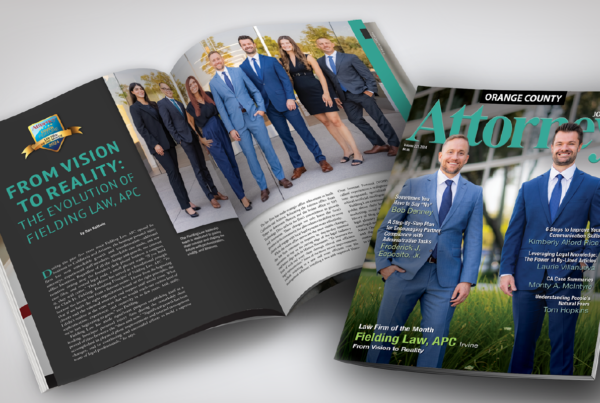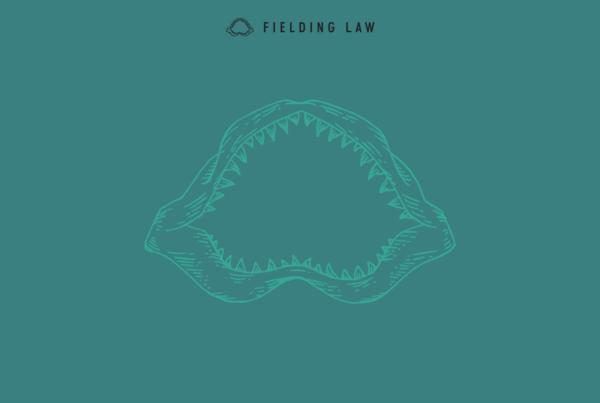Receiving your personal injury settlement check is a significant milestone. To protect the full amount, avoid check cashing stores, which take a substantial cut. At Fielding Law, we want to help you make the best financial decisions. Here is why you should cash your settlement check at a bank or credit union instead.
The True Cost of Check Cashing Stores
Here are some reasons to avoid them:
- High Percentage Fees: A significant portion of your check goes to the store.
- Flat Fees: These can be costly, especially for large checks.
- Additional Service Charges: Extra fees for other services can add up.
These fees take money meant for your recovery.
Cashing Your Settlement Check at a Bank
You can cash your personal injury settlement check at your bank. Here is what to expect:
- Fund Availability: You may not access the full amount immediately. Banks can hold funds based on your balance and their policy.
- Up to two business days for checks from the same institution.
- Up to five additional days for checks from other banks.
- Longer holds if reasonable.
- Immediate Access: If your bank balance matches or exceeds the check amount, immediate cashing might be possible.
The Process of Cashing Your Check
When cashing a large check, your bank may require:
- Two Forms of ID: Such as a driver’s license and passport.
- Verification: The teller might call the issuing bank to verify the check’s legitimacy.
- Fees: Some banks charge a small fee, typically around $5-$10.
This process ensures your check is legitimate and protects your funds.
Cashing Your Check with the Issuing Bank
Using the issuing bank can offer quicker access to your funds. Here is what to know:
- Shorter Hold: Funds are often available faster.
- ID Requirements: Two forms of ID are usually needed.
- Fees: There may be a flat fee or a percentage of the check amount. Some banks offer free check cashing, so shop around.
Why Hire Fielding Law
At Fielding Law, we are dedicated to helping you protect your financial interests. Our team understands the importance of your settlement and guides to ensure you keep the maximum amount. Fielding Law is here to support you through every step of your recovery.
Note: Information provided is for educational purposes and does not constitute legal advice. Always consult with a qualified attorney for legal concerns.





